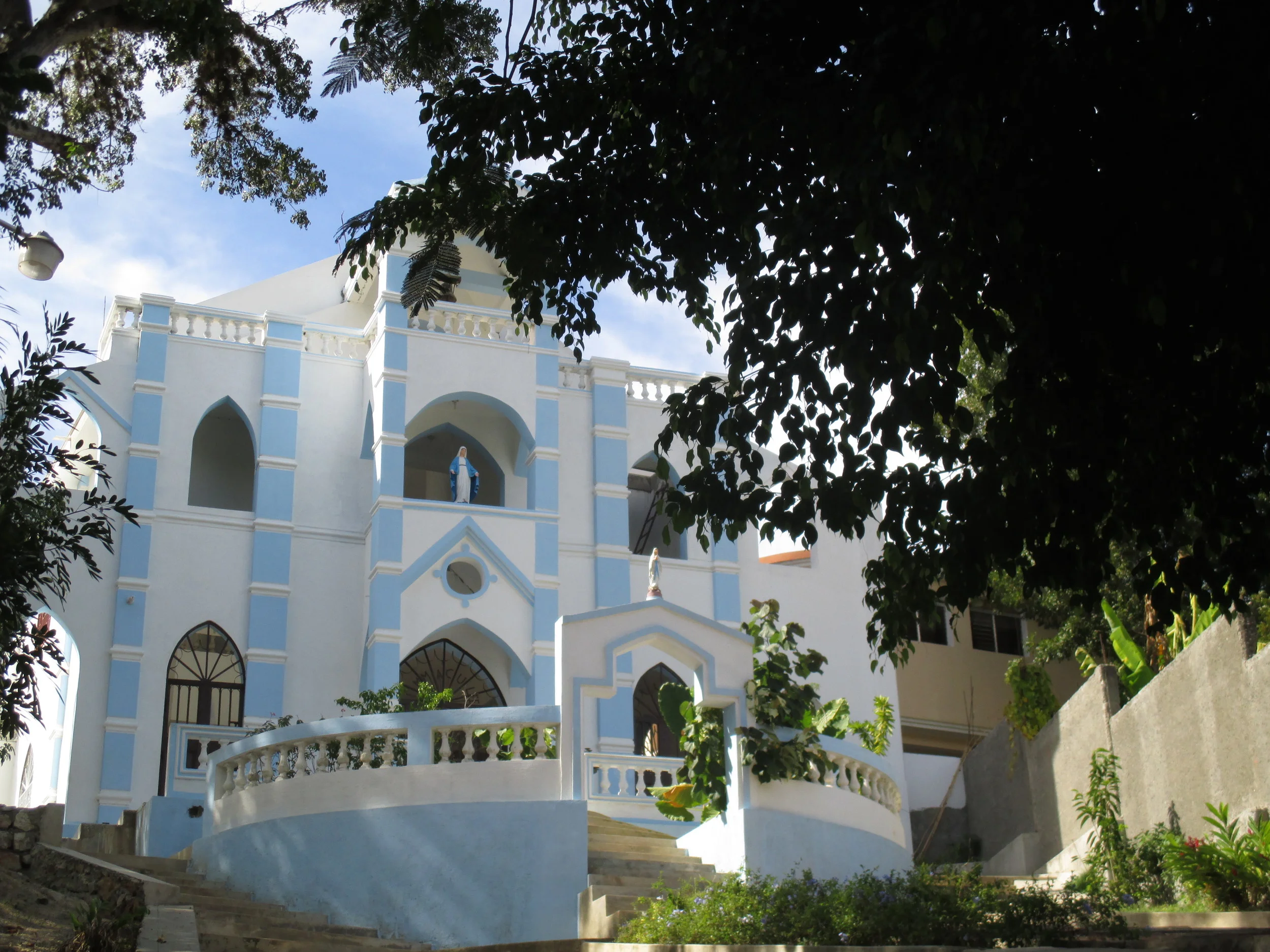Haitian Culture
Your journey with Discover our Haiti will give you the opportunity to savor Haitian Culture. Here is a "taste!"
Vodou
The word Vodou means “spirit” or “deity.” When African slaves were brought to the Americas, they brought Vodou with them. Masters were required to Christianize their slaves within eight days of their arrival. The slaves did not give up their traditional beliefs. Instead, the old and the new were blended together. Many of the Catholic saints are identified with traditional Vodou lwas (or spirits). For instance, St. Peter is recognized as Papa Legba, the gatekeeper of the spirit world.
Vodou is a world view encompassing philosophy, medicine, justice and religion. Its fundamental principle is that everything is a spirit, including humans.
President Aristide (a former Catholic priest) sanctioned vodou as an officially recognized religion. According to estimates, Catholics represent about 80% of the population; with most of the remainder belonging to Protestant denominations.
Art
Art is an enormous part of Haitian life and culture, and can be found nearly everywhere. Some estimates report that almost half a million Haitians rely on the handicraft sector.
Nowhere can Haiti’s profound love of art be seen more than on its beloved tap taps. A tap tap (which literally means “quick quick”) is a privately-owned vehicle for hire and has some of the most incredible, detailed art imaginable. Since a relatively few Haitians own their own car, they either get around on foot, motorcycle, tap tap and other buses and trucks stacked high with bags of goods and people.
Music
The music of Haiti reflects a wide range of French, African, Spanish and native Taino influences.
Konpa is a dance music and modern méringue with European and African roots.
Twoubadou is guitar-based music based on troubadours who sang songs about love. It was brought back by Haitian migrant laborers who worked on Cuba’s sugar plantations.
Rara or Mizik Rasin is a musical style that combines elements of traditional Haitian Vodou music with rock and roll, and blues.
Cuisine
Like its music, Haitian food is a blend of its historical influences. Some popular dishes include: griyo (pork), lambi (conch), poulet (chicken), kabrit (goat). Side dishes include: diri (red beans and rice), pikliz (spicy cabbage), bannann (plantain). Soup joumou (pumpkin soup). Haitian slaves were not allowed to have this delicious and aromatic soup, a favorite of French slave masters. On Sunday, January 1, 1804, when they gained their freedom, the freed slaves celebrated with music and food, including the "forbidden" soup joumou. Kasav (cassava bread) is wonderful with Haiti peanut butter. Dous makos, Haitian fudge, is a special treat found near Petit-Goave.
Rhum Barbancourt is a cognac-like spirit, is highly regarded, and has won many tastings and competitions. Presitige beer is an award-winning, premium American-style lager, now 95% owned by Heineken.

